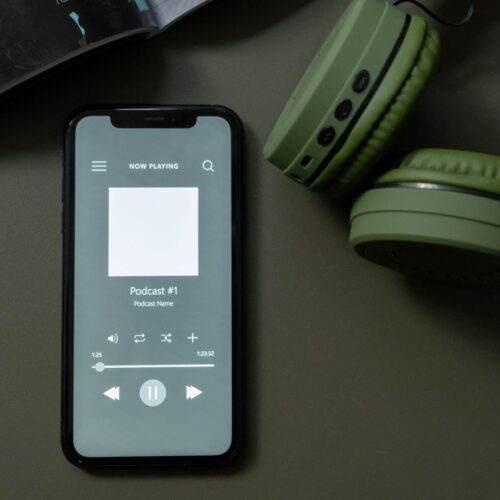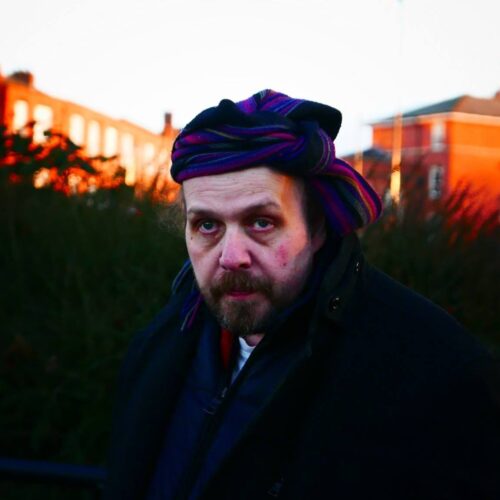
Are pianos musical?
As I write, the 17th Leeds International Pianoforte competition, held only every three years, comes to a close after three exhausting weeks, with yet another winning name from the 60 entrants – that of 24-year old Italian Federico Colli – added to its distinguished history.

The competition, still masterminded by the 92-year old Dame Fanny Waterman (there is a room in Leeds Town Hall with her name), has enabled many to enter the profession as formidable soloists.
Some names have become well known in the world’s musical landscape, although not all were winners. Indeed there are some who have become well known despite their disappointment at failing to attain one of the six final places, for the audience always embodies its inevitable quota of agents and record company scouts, eager to grasp the opportunity to acquire youthful and commercially exploitable talent, even before the judges have made their own decisions; some are carried away with promises of fame even before the semi-finals.
Looking over the names of winners since the first event in 1963, it is interesting to remember that fine British pianists like Kathryn Stott and Peter Donohoe, heard regularly in our concert halls,were winners of 5th and 6th prizes respectively. The Wolverhampton pianist Ian Hobson has a unique place in the competition history, not only by being one of only five British entrants ever to gain a prize, but also by following his 4th prize in 1978 with a 1st prize in the next competition in 1981. But as I watch the performers at successive competitions, working so hard to draw sounds from the shining machine in front of them on the platform, I not only question the veracity of the competition phenomenon itself, but also find myself wondering if the piano is in fact a musical instrument at all.
The sounds it produces, being the result of hammer blows on sets of tuned strings, made rather easier (than perhaps the cimbalom) by being operated from a keyboard. This is not unlike the actions of an experienced typist whose skill is to find rapidly the right keys. Adding the rhythmic context requires precision, but still need not require any musicianship to bring about a performance. It is even possible for one without hearing to produce a tolerable recital, assuming the muscular technicalities have been well mastered and are controlled. Certainly a bad performer on any instrument can be an excruciating experience for the listener, but unlike for instance a performer on the violin or trombone, a pianist has all the notes tuned and ready to play, and with the necessary technical command has little excuse not to prove quite plausible to an unsuspecting audience.
What may prove the musician in the end is perhaps what the jury of a major competition like that in Leeds is looking for – the ability to understand the music and the reasons for the notes selected in that order by the composer. One reason that pianists are so popular and plentiful is that the listeners don’t have that ability either. A donkey can be sold as a horse to anyone who doesn’t know the difference. Playing the sort of music required by such a competition at that high standard demands understanding listeners. If I were to make a short speech in Chinese, prepared for me phonetically but without my clear understanding, it would be naïve of me to be surprised if the listeners, thinking I was saying something else, laughed when I intended to be quite serious, misunderstood my tragedy for humour.
As music is not a language and cannot therefore be translated into anything else, it is necessary to develop an instinctive understanding of the ordered sounds to know if there is anything genuine about a performance. That kind of understanding is extremely difficult to separate from opinion, but more challenging still when the instrument itself may not be very musical.






Well that’s a provocative piece of writing but I do agree that in the end a piano, however well played cannot compete with instruments where the tuning is in the hands/mouth of the performer. I’ve just been reading Daniel Levitin’s book called Your Brain on Music where he analyses what makes up music for both performer and listener, and I suppose its timbre. We can recognise it but maybe not be able to dissect it scientifically. As an informed listener and a choir singer and a poet who is concerned with sound and rhythm as well as meaning, I reckon I know which pianists move me and which don’t, but I doubt if I could explain why.
Well this article annoyed me when I read it when it was originally posted and it still annoys me 2 weeks later, especially after having watched footage of the competition on bbc4. I play and teach piano and can’t help but think what a very naive statement it is to say that the piano is not musical. After 23 years of playing the piano I still learn new things about how to create music with this unique instrument. With ten digits playing multiple melodic parts at the same time it is something impossible to teach to someone with no musicality and is as far removed from typing as it is possible to get. Fair enough the whole competition format is questionable, and the commercial success of the winners, or runners up, is based as much on the marketability of the person as on their technical skill.
The piano can be played like a type writer and often is. Fast and loud is popular. I have played and listened all my life and hard tho it is to explain there is a way to change the tone to one of great musicality and that is what artists do.